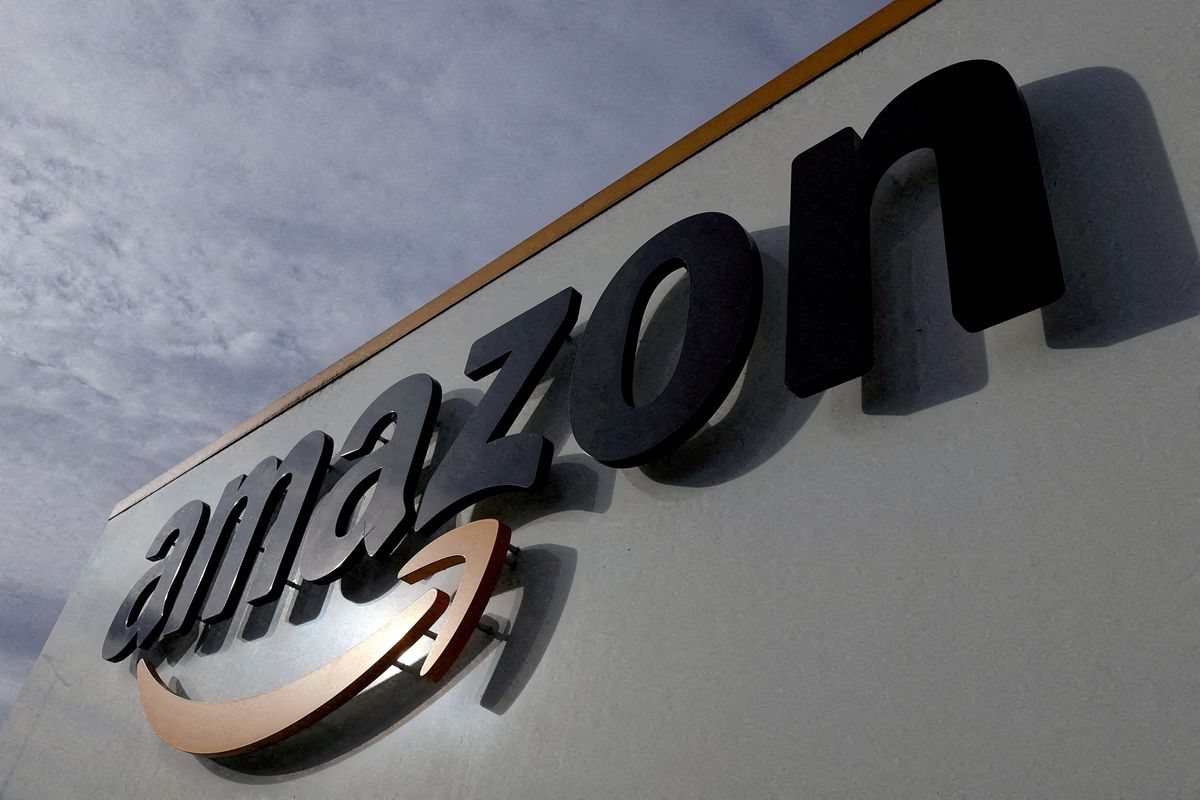Amazon launches its first internet satellites
Amazon is launching its first two demo internet satellites on October 6 from Cape Canaveral, Florida.

A few minutes every morning is all you need.
Stay up to date on the world's Headlines and Human Stories. It's fun, it's factual, it's fluff-free.
The backstory: The satellite broadband network has two major players at the moment – Starlink (by SpaceX) and OneWeb. Currently, SpaceX has 4,812 Starlink satellites up in operation, and OneWeb has 632. There are smaller businesses, like Viasat and HughesNet, that are also using satellites to play with broadcasting broadband internet, too. This sector has become a bit of a race to see who can get better internet connectivity to governments, companies and consumers whose accessibility may be limited.
More recently: In 2018, Amazon decided to throw its hat into the satellite broadband ring when it began research and development on “Project Kuiper.” Amazon committed more than US$10 billion to the project. Last year, the company bought up a ton of space on available rockets that weren’t operated by rival SpaceX, owned by Elon Musk, to get ready to start launching its first Kuiper satellites into orbit. Since then, there have been some delays with those rockets, and Amazon shareholders started asking if personal beef between Bezos and Musk was getting in the way of this whole scheme. The company ended up looking into a different rocket, the Atlas V, which is bigger than needed but seems ready to go.
The development: Amazon is launching its first two demo internet satellites on October 6 from Cape Canaveral, Florida, on the Atlas V. This mission is being called “Protoflight.” It’s the first real step for Amazon to enter the satellite internet market. This launch will help Amazon figure out future launch operations. These two satellites will be used by Amazon to conduct a bunch of tests, and they’ll give the ground team an idea of how the network performs in terms of its connection to the ground base. Eventually, Jeffrey Bezos’s company hopes to launch 3,200 satellites to connect even more remote places to the internet over the next six years or so. It plans to start launching them in the first half of 2024. Will it be able to catch up to Starlink?
Key comments:
“It’s really important to test the satellites before they can launch the rest of the constellation,” says Tim Farrar, a satellite communications consultant in the UK. “This is a big step forward that we’ve been waiting a long time for.”
“We’ve done extensive testing here in our lab and have a high degree of confidence in our satellite design, but there’s no substitute for on-orbit testing,” said Rajeev Badyal, Project Kuiper’s vice president of technology. “This is Amazon’s first time putting satellites into space, and we’re going to learn an incredible amount regardless of how the mission unfolds.”
“Amazon’s business model relies on people having internet connectivity,” said Shagun Sachdeva, an expert with the space investment firm Kosmic Apple in France. “It makes a lot of sense for them to have this constellation to provide connectivity.”




Comments ()